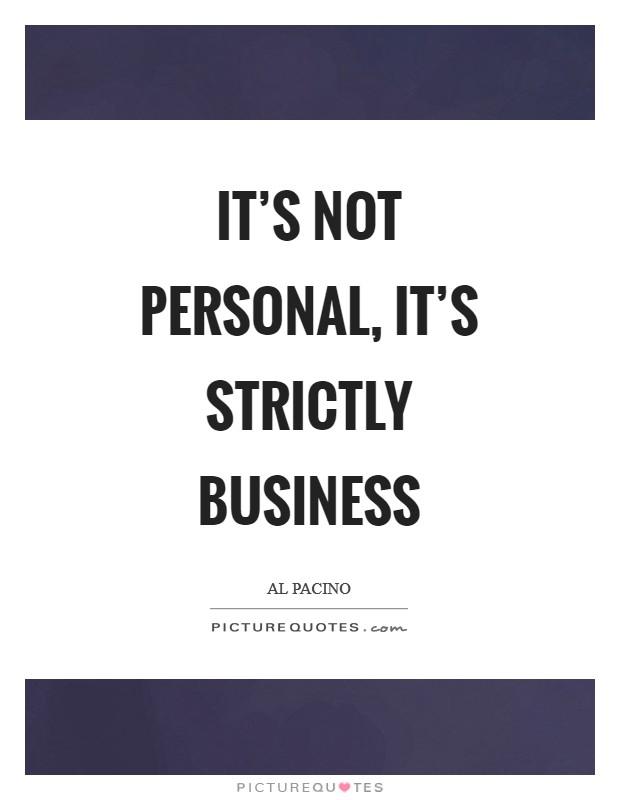Imagine you’ve been asked to play an unfamiliar board game and that you’re instructed to play it without any understanding of the rules.
You soon begin to irritate other players by making mistakes and getting things wrong and, after a while, the game becomes a stressful and confusing experience.
We can draw many analogies between the experience of playing a board game, and not knowing the rules, and the experiences of entering a business setting in an unfamiliar culture and again, not knowing the rules.
Someone from a Middle Eastern country, for example, may be an excellent negotiator in the Middle East, yet flounder in the USA due to a poor understanding of the negotiation process and player expectations.
DON'T MISS THE FREE SAMPLE OF OUR USA CULTURE COURSE AT THE END!
4 Important Things About the US Negotiation Style
1. Negotiations in the USA are Results Oriented
American culture places a great deal of value on ‘getting things done’ and doing so as quickly and efficiently as possible.
This means that they are more likely to pin the negotiation process down into a schedule, with milestones to mark progress along the way.
Due to the results oriented approach, wins, milestones and targets take precedence over relationships. As such, you may find that your American counterparts spend little time getting to know you both before and during the negotiation process.
This may come as a surprise if you’re from a culture where great values is placed on relationships. If you are from such a culture, then be aware that Americans do look to build trust, but this trust is typically placed in the terms and conditions of the subsequent contract as opposed to the in the relationships.

'Getting things done' is given great importance in American culture. As this quote from the American business author Frank Sonnenberg shows, in American culture 'getting things done' is associated with progress and with success. This attitude also very informs the American communication and negotiation style.
2. Negotiations in the USA are Direct and Transparent
The communication culture in the USA tends to be very direct.
During negotiations, this means that Americans tend to say what they think, to be clear about their expectations and to deliver their opinions in a forthright manner.
Great value is placed on speaking the truth, even if it means communicating a message that their negotiation counterparts may not like. They are very unlikely to expect their counterparts to decode their feelings or opinions through gestures, expressions or other forms of body language.
This approach also extends to the way they deliver their thoughts. During negotiations, they may talk over people, interrupt mid-sentence, openly challenge, raise their voices and candidly state any disagreements.
The American communication culture can be perceived as rude and aggressive by negotiators from other cultures. It’s important to understand however, that this style is not intended to insult or to cause offense.
In many ways, being loud and speaking over others is perceived as showing passion and commitment within the American communication culture.
If you are from a culture where thoughts, feelings and opinions are communicated through non-verbal means (e.g. by using silence, facial expressions, body language and through what is not said as opposed to what is said), then be aware, that your approach is likely to confuse your American negotiation counterparts as they will be unable to read between the lines and to decode your intentions.
When it the USA, therefore, it’s essential that you communicate verbally and that you say what you think. Failing to do so and keeping things back which should otherwise have been expressed may be perceived as dishonest by your counterparts.
3. Negotiations Can be Like a Game of Table Tennis
It’s also important to note that the shape of the negotiation process in the USA rather resembles a game of table tennis.
A stream of questions and ideas are expected to go back and forth across a negotiating table in order to establish facts or to find common ground.
If you’re from a culture where communication is less agenda bound and more fluid, or circular, then be aware that you may need to stick to a more prescriptive approach.
Discussions may be faster than you’re used to and you will need to utilise all elements of your verbal skills to keep up. Avoid disrupting the flow and pace by diverting proceedings, using silence or giving answer that are cloaked in unexpressed meaning.

This famous quote gives us a fantastic insight into American culture and the business culture in particular. Americans, unlike in the some other cultures, tend to separate personal from professional life. In fact, it's healthy to keep the two at a distance.
4. Negotiations in the USA are Not Personal
As already mentioned,
• American negotiation culture can be very direct
• Proceedings are prescriptive and;
• Trust is placed in the contract as opposed to in relationships
As they say in the USA ‘business is not personal’; meaning that business agreements and outcomes take precedence over personal feelings.
As such, avoid taking offence from the elements of American negotiation culture that differ from your home culture.
Take a Professional Course on US Business Culture

If you would like to know more about business culture in the USA, then have a look at our comprehensive online USA cultural awareness course.
The online course is targeted at business professionals working with American counterparts.
Photo by Amy Hirschi on Unsplash
